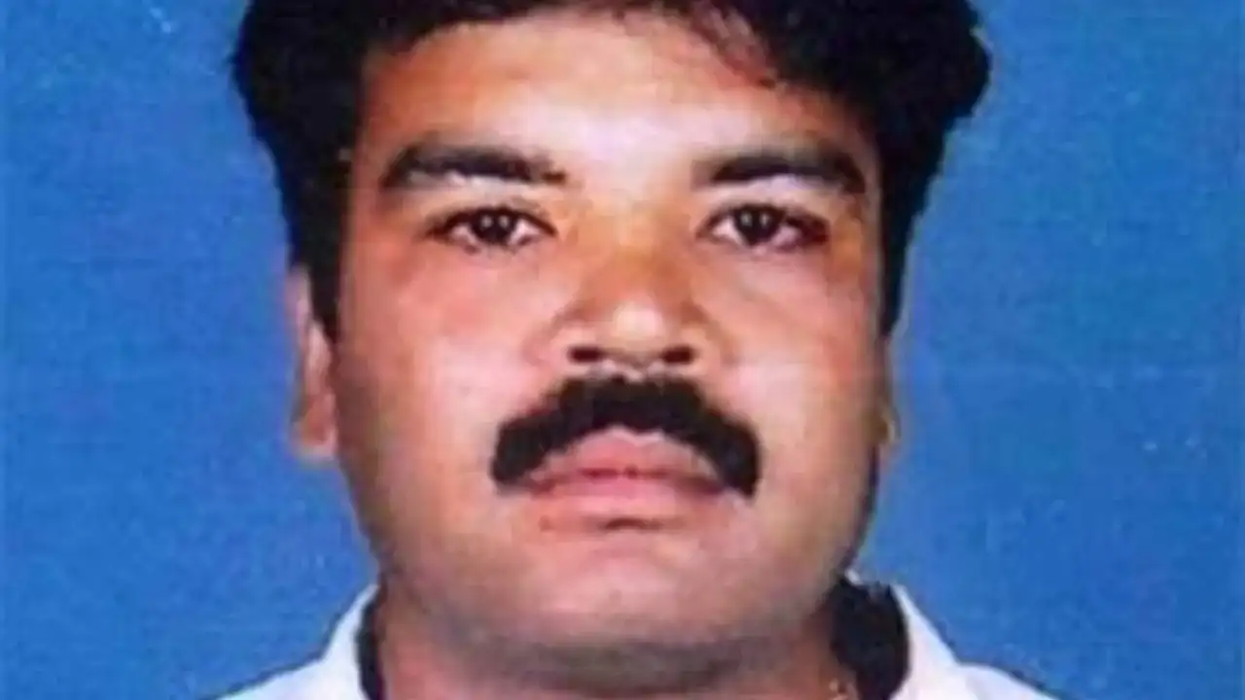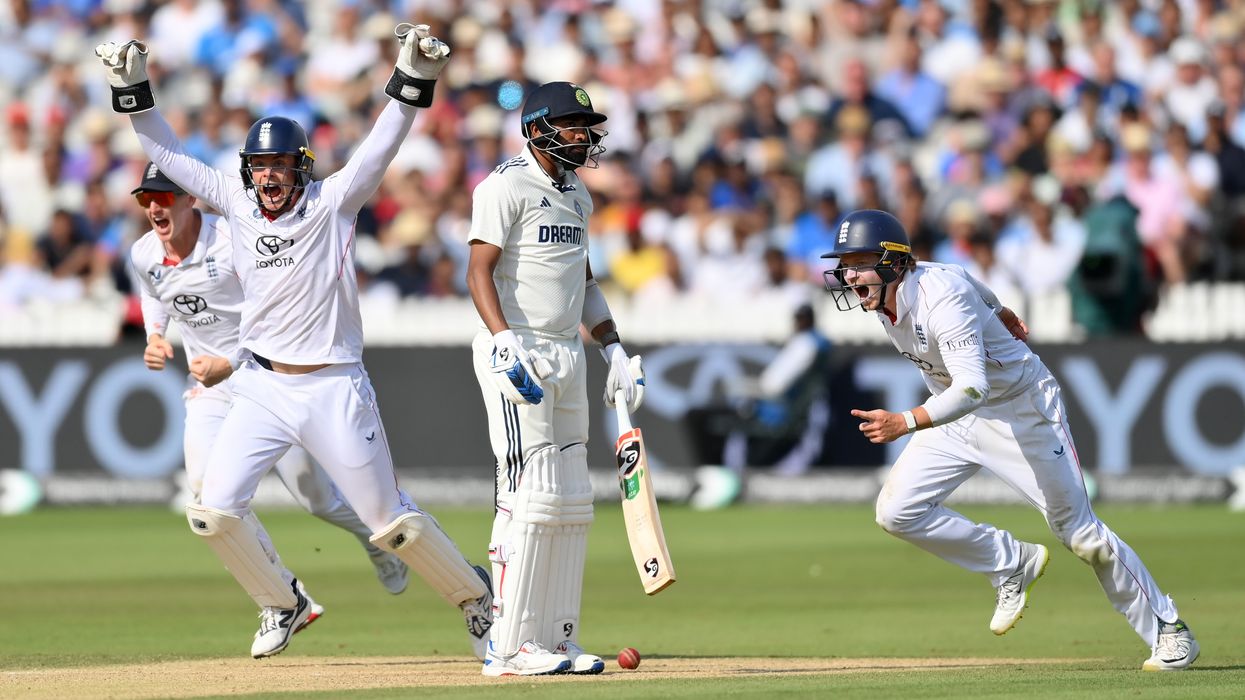Being shouted at by parents can cause lasting changes to children's brain development, leading to mental health difficulties and challenges in maintaining friendships, experts are set to tell MPs.
At a meeting in Westminster on Monday, specialists in child development and mental health will highlight how verbal abuse by adults can have serious and lifelong consequences for children. Research shows that such abuse affects children’s ability to experience pleasure and can make them view the world as a threatening place.
Professor Eamon McCrory, a clinical psychologist and chief executive of the mental health charity Anna Freud, as well as a professor of developmental neuroscience and psychopathology at University College London (UCL), said: “As children we believe what we are told, deeply folding the words of adults into our understanding of ourselves and the world around us. When those words are hostile, demeaning or humiliating, they can have lifelong consequences.”
He explained that critical words received in childhood often underpin later anxiety, distress, and low self-esteem, even if individuals spend many years trying to overcome their early experiences.
McCrory’s research using functional magnetic resonance imaging (fMRI) has shown that sustained exposure to abuse, including verbal abuse, can lead to significant biological changes in the brain’s structure and function. His imaging studies have demonstrated that such abuse can alter the brain’s “threat” and “reward” circuits, both of which are crucial for navigating the world and forming relationships.
“Our imaging studies show how abuse, including verbal abuse, can alter a child’s brain so that the world is perceived as a more dangerous place,” McCrory said. Children who experience verbal abuse may misinterpret neutral jokes, glances, or facial expressions as threatening. This can result in social withdrawal or defensive aggression to protect themselves.
McCrory, alongside other leading experts, will inform MPs and peers that verbal abuse by parents, teachers, and activity leaders during infancy, childhood, and adolescence is widespread and often overlooked. They describe verbal abuse as “the most prevalent form of child maltreatment”, emphasising its severity and long-term impact.
The World Health Organization (WHO) classifies emotional abuse, including verbal abuse, as a key form of violence and maltreatment against children.
Research from 2023 indicates that two in five children (41%) in the UK experience verbal abuse either occasionally or regularly. Despite its prevalence, experts argue that verbal abuse has remained “under the radar” compared to physical or sexual abuse.
The meeting has been organised by the charity Words Matter, which is campaigning to raise awareness of verbal abuse and its effects. Professor Peter Fonagy, head of the division of psychology and language sciences at UCL, said: “It is one of the most preventable causes of mental health problems. Harsh words can actively weaken the brain’s foundation during development. Children need kind, supportive communication from adults. It’s vital for building their identity and emotional resilience.”
Andrea Danese, professor of child and adolescent psychiatry at King’s College London, added: “The sticks and stones rhyme is wrong. Words can harm a child’s wellbeing and development and leave lifelong psychological scars.”
Danese explained that encouraging and positive language from adults can support a child’s learning, help them recover from setbacks, and assist them in becoming well-rounded adults. In contrast, verbal abuse can distort a young person’s sense of identity and their understanding of their role in the world.
The meeting is sponsored by Sharon Hodgson, Labour MP and former shadow health minister, who stated that verbal abuse had been “under the radar” for too long and that it causes “significant and lasting harm” to children.
Jessica Bondy, founder of Words Matter, urged government action. She said: “Neuroscience shows clearly that verbal abuse profoundly harms children’s developing brains. If the government truly wants the healthiest generation in history, tackling verbal abuse must become a core part of the national mental health strategy.”
Experts in the UK and the United States have previously stated that verbal abuse can be as damaging to children as physical or sexual abuse, underlining the need for greater recognition and preventive measures.
The Department for Education was approached for a response.



















